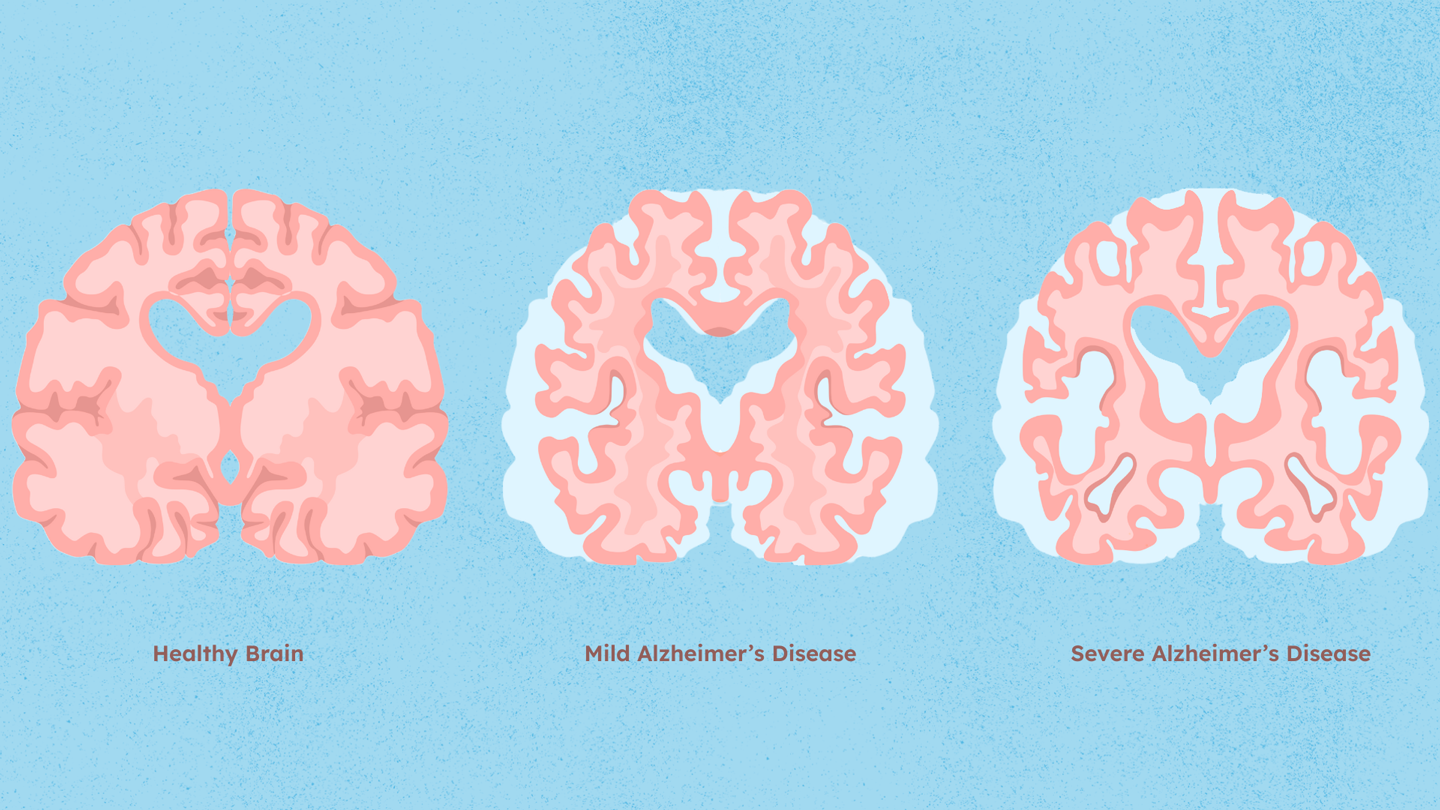Alzheimer’s is a progressive disease that damages neurons (nerve cells) in the brain, affecting the ability to remember, reason, judge, use language, and otherwise meet the demands of daily life.
Although there are treatments that can help sharpen the mind for a short while and make behavioral symptoms more manageable, there is currently no cure.
Every person with Alzheimer’s will experience the disease in a different way. Some retain their cognitive abilities longer than expected, while others move through the various stages quicker.
Among the factors that influence the speed of progression are age, overall health, emotional resilience, medication regimen, and network of support.
Outlining the stages of Alzheimer’s is helpful for understanding the overall arc of the disease and planning for changes to come. “Knowing how long [a person with Alzheimer’s has] before having to move in with loved ones or needing the kind of care that a nursing home offers can be helpful,” says Dylan Wint, MD, an Alzheimer’s expert and the director of the Cleveland Clinic Lou Ruvo Center for Brain Health in Las Vegas, Nevada.
The earlier someone is diagnosed, the more helpful it will be to know the stage, says Dr. Wint. “Tying the stage to available treatments when someone is in the preclinical or mild cognitive impairment stage has benefits,” he says. If someone is diagnosed in the early stages, lifestyle interventions such as diet, exercise, and socialization can have the most benefits and lead to a better quality of life, he adds.
- Some symptoms can appear earlier or later than usual, in a different order, or not at all.
- Some stages can overlap.
- Some symptoms, such as irritability, may appear and then disappear, while others, such as memory loss, continually worsen.
Read the full article here




